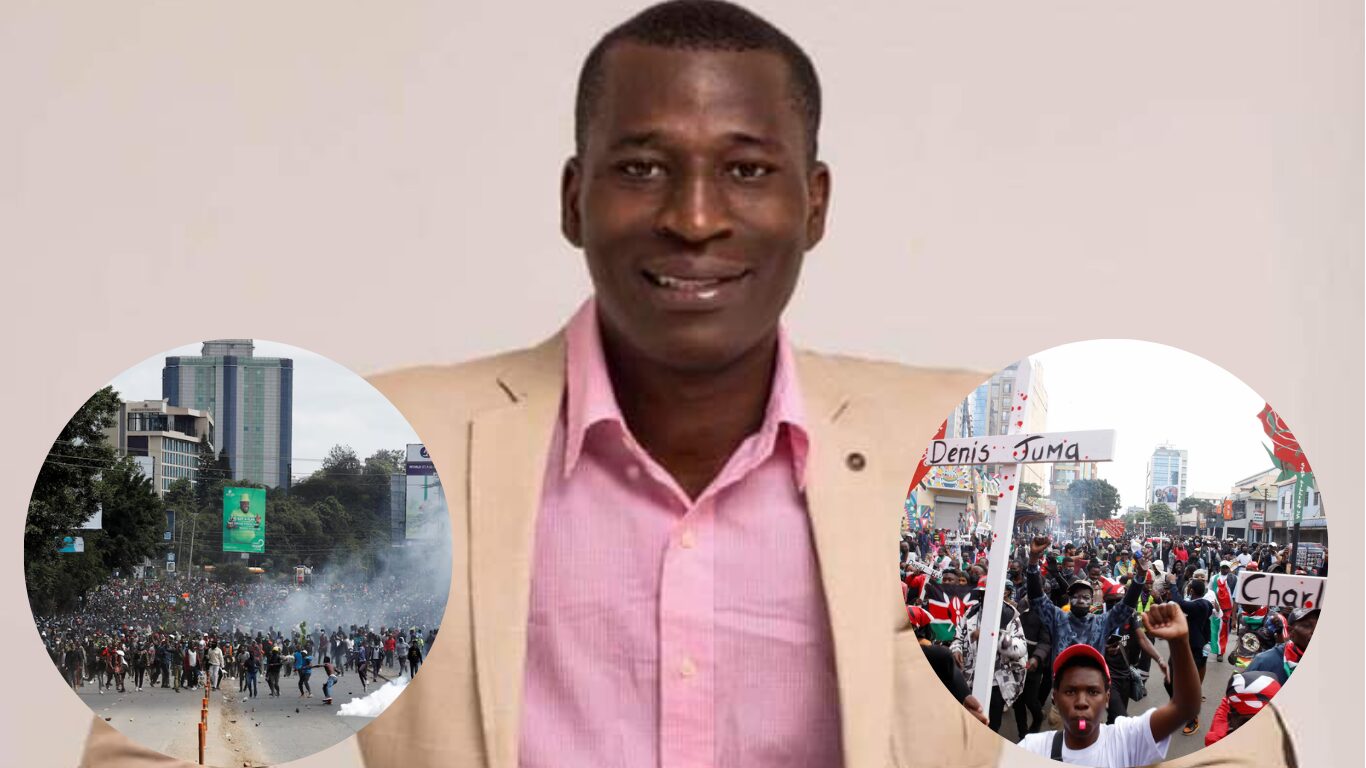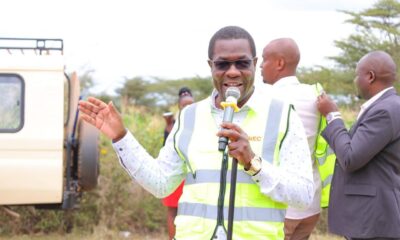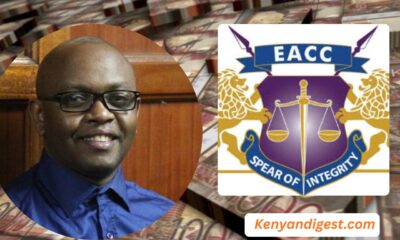Kenya’s political conversation is shifting, not because of a new alliance or a rising political star, but because the country’s youth are quietly disengaging.
Blogger Cyprian Nyakundi believes this silence should worry the entire political class.
According to him, young Kenyans increasingly feel that meaningful change cannot come from elections.
Unless the country addresses its deeper structural problems, the years between 2027 and 2029 may bring the most significant national shift in decades.

Cyprian Nyakundi addresses rising youth frustration with Kenyan politics, warning of a possible national reset between 2027 and 2029.
Youth Disillusionment with the Electoral System
Nyakundi argues that many young people no longer trust the electoral system to deliver real transformation.
They view the political landscape as contaminated by corruption and self-interest.
To them, elections simply rotate the same personalities within a system that remains fundamentally unchanged.
This loss of confidence, he says, is not a sign of apathy. Instead, it reflects the belief that voting has become an ineffective tool for reform.
No Real Difference Between Political Camps
One of Nyakundi’s strongest concerns is the idea that the two major political sides do not offer genuine alternatives.
Many youth, he explains, look at both the current government and the united opposition and see similar histories, similar political cultures, and similar patterns of behavior.
This raises a central question for young voters.
If the political actors on both sides have contributed to the same national problems, what motivation remains to choose between them?
Two Crises Driving Youth Frustration
Nyakundi highlights two national challenges that weigh heavily on young Kenyans: the growing national debt and widespread youth unemployment.
He argues that neither political side has provided credible or long-term solutions to these issues.
In his view, the government has not demonstrated a clear plan for job creation, while the opposition has avoided serious discussion about economic sustainability and debt management.
The result is a generation that feels unrepresented and unheard.
Follow us on Telegram at Kenyan Digest
Kenya as a “Pressure Point”
Nyakundi warns that Kenya is slowly becoming a pressure point. He believes the country is carrying more social and economic strain than it can handle.
If political leaders assume they can secure power or retain it without addressing the country’s root problems, they may underestimate the frustration building among the youth.
He notes that even if a different political leader took over tomorrow, the youth would quickly demand accountability if the system remained unchanged.
A Warning for 2027 to 2029
Perhaps the most striking part of Nyakundi’s argument is his prediction that a major national shift is likely to occur between 2027 and 2029.
He does not specify what form this change may take, but he suggests that the current system is unsustainable.
According to him, the level of public pressure, economic instability, and youth dissatisfaction may trigger events that reshape the country in ways that go beyond ordinary elections.
Conclusion
Nyakundi’s message is provocative, but it reflects a sentiment that is increasingly visible across the country.
The youth are not disengaging because they are uninterested in national affairs.
They are disengaging because they no longer believe electoral politics offers real solutions.
As Kenya approaches 2027, the most important question may not be who wins.
It may depend on whether the country can confront the structural issues that continue to push its young population to the margins.
If Nyakundi’s warning is accurate, the period between 2027 and 2029 could be a defining chapter in Kenya’s political history.
Read More: Eng. Julius Mak Oderoh Accused of Channeling KeNHA Funds to the DCP Party and Abusing His Office

 Sports1 week ago
Sports1 week ago
 Business News4 days ago
Business News4 days ago
 Business News2 days ago
Business News2 days ago
 General News11 hours ago
General News11 hours ago
 Entertainment11 hours ago
Entertainment11 hours ago
 Columns And Opinions9 hours ago
Columns And Opinions9 hours ago
 Columns And Opinions2 days ago
Columns And Opinions2 days ago
 General News8 hours ago
General News8 hours ago


